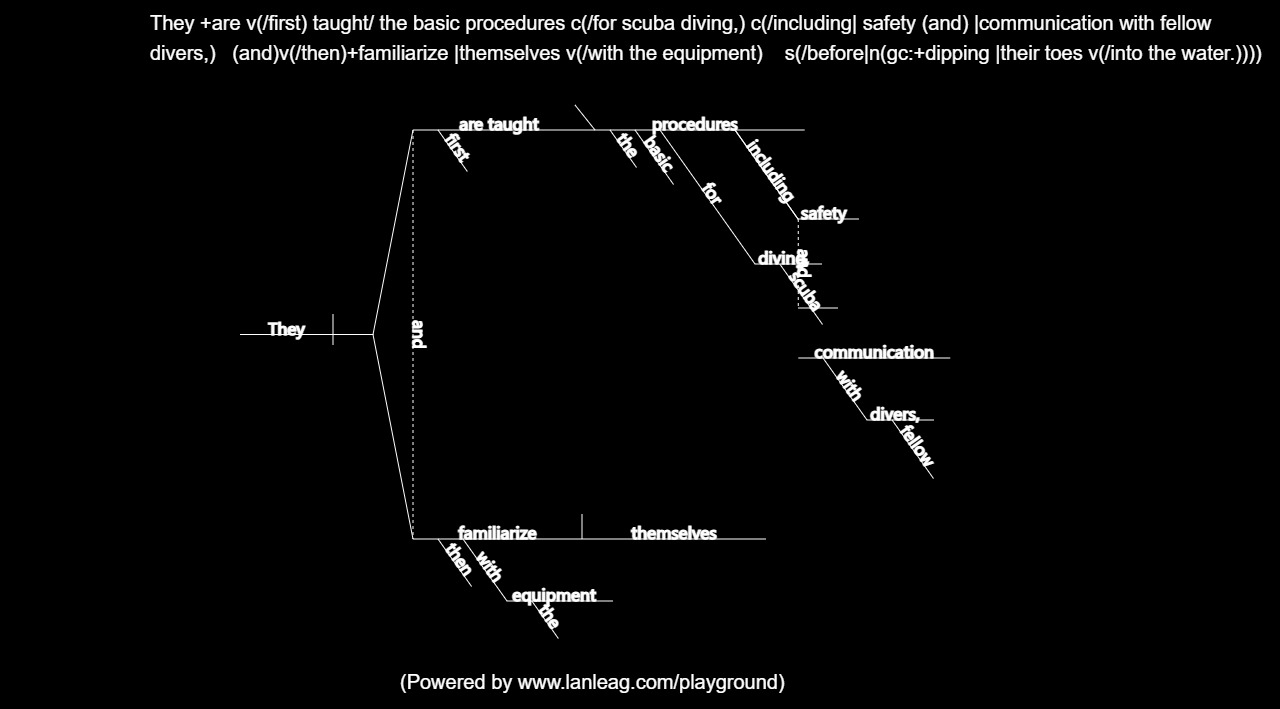This is not ungrammatical:
They are first taught the basic principles of lift and drag, then familiarize themselves with the plane's instrumentation panel before taking 400 people on a six-hour flight.
You can carry "they" forward into the second clause implicitly as subject of the verb familiarize. However, your listener or reader may be carrying the verb taught forward and may expect to find that verb complemented by a non-finite to+infintive clause and thus stumble on familiarize because it is missing to. So there's good reason to repeat the pronoun and to separate the independent clauses with and, for the sake of syntactic clarity:
They are first taught the basic principles of lift and drag, and then they familiarize themselves with the plane's instrumentation panel before taking 400 people on a six-hour flight.

